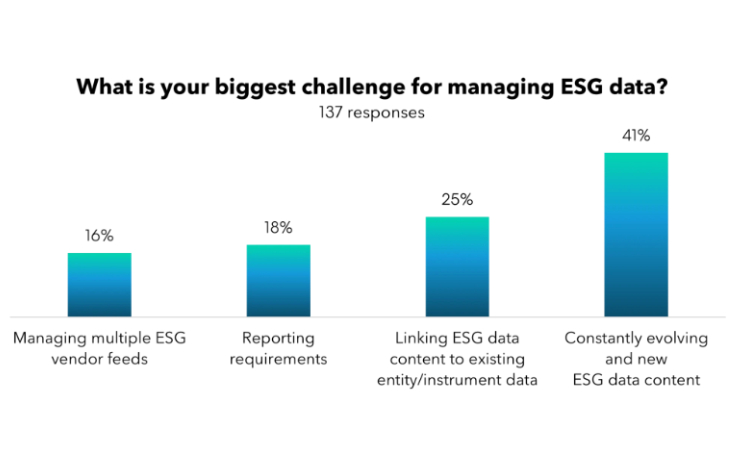The Australian Human Rights Commission (AHRC) is an independent statutory body established under the Australian Human Rights Commission Act 1986. The commission’s primary responsibility is to promote and protect human rights in Australia, including the rights of Indigenous Australians, refugees and asylum seekers, women, children, and people with disabilities. In this essay, we will explore the role of the AHRC and discuss what businesses can do to help them.
The AHRC’s role is to investigate and resolve complaints about discrimination, harassment, and human rights violations. They also provide education and training to individuals and organizations to promote human rights and prevent discrimination. The commission has the power to hold public inquiries and make recommendations to governments and businesses on how to improve human rights protections.
One of the AHRC’s key responsibilities is enforcing Australia’s anti-discrimination laws. The commission investigates complaints of discrimination based on race, gender, age, sexual orientation, disability, and other grounds. If the commission finds that discrimination has occurred, they can seek remedies such as an apology, compensation, or an injunction to stop the discrimination from continuing. The AHRC also has a role in promoting human rights in Australia. They conduct research and public inquiries into issues such as Indigenous rights, gender equality, and the rights of refugees and asylum seekers. The commission provides education and training to individuals and organizations to raise awareness of human rights and prevent discrimination.
What Businesses Can Do:
· Businesses have an important role to play in promoting human rights in Australia. Here are some ways that businesses can help the AHRC:
· Implement Anti-Discrimination Policies: Businesses should have clear policies and procedures in place to prevent discrimination and harassment in the workplace. These policies should be communicated to all employees, and training should be provided on how to implement them effectively.
· Promote Diversity and Inclusion: Businesses should strive to create a diverse and inclusive workplace that values and respects differences. This can include implementing diversity and inclusion initiatives, supporting employee resource groups, and ensuring that recruitment and promotion practices are fair and equitable.
· Provide Human Rights Education: Businesses can support the AHRC by providing human rights education and training to their employees. This can help raise awareness of human rights issues and prevent discrimination and harassment in the workplace.
· Partner with the AHRC: Businesses can partner with the AHRC on initiatives to promote human rights in Australia. This can include participating in public inquiries or working with the commission to develop resources or training materials.
The Australian Human Rights Commission plays a crucial role in promoting and protecting human rights in Australia. Businesses have an important role to play in supporting the AHRC and promoting human rights in the workplace and beyond. By implementing anti-discrimination policies, promoting diversity and inclusion, providing human rights education, and partnering with the AHRC, businesses can help create a more equitable and just society for all Australians.
ESG Impact helps businesses with:
ESG Reporting
Social and cultural awareness
ESG Training
Defining ESG
ESG Strategy
ESG Sustainability










